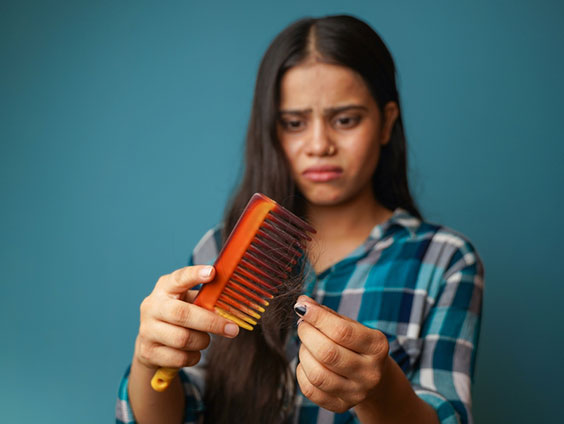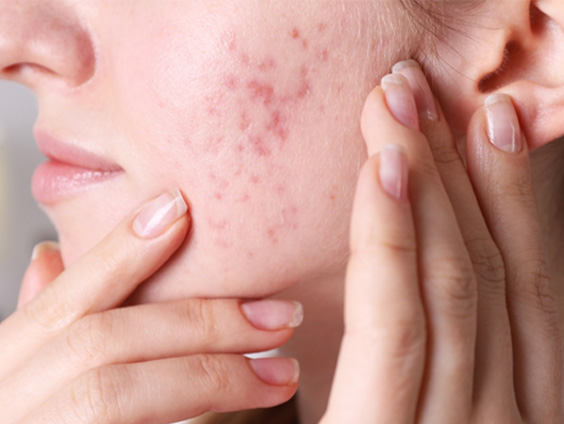What causes hair fall?
Common causes of hair fall include:
Do I have hair fall or hair loss?
Does my diet affect hair fall?
Diet plays a crucial role in hair health. A balanced diet rich in vitamins, minerals and protein is vital for healthy hair growth and preventing hair fall. Nutritional deficiencies can impact both the hair growth and structure. Low protein diet, crash diet/sudden weight loss, certain vitamins and mineral (especially iron) deficiencies are common causes of hair shedding.
Do anti-hair fall shampoos help prevent hair fall?
Which oil should I use for hair fall?
What are the treatment options for hair fall?
Can I use minoxidil for my hair fall?
Minoxidil is a FDA approved medication for hair loss or thinning. It can be used topically (in the form of lotion, foam, spray or gel) or orally in the form of tablets. Minoxidil is not recommended in case of active hair shedding or hair fall as it can aggravate hair fall. Even in case of hair thinning, refrain from using minoxidil without medical supervision. It is important to consult a dermatologist, have your scalp examined, and follow the doctor’s advice on the appropriate form, dosage, and concentration of minoxidil to use.


